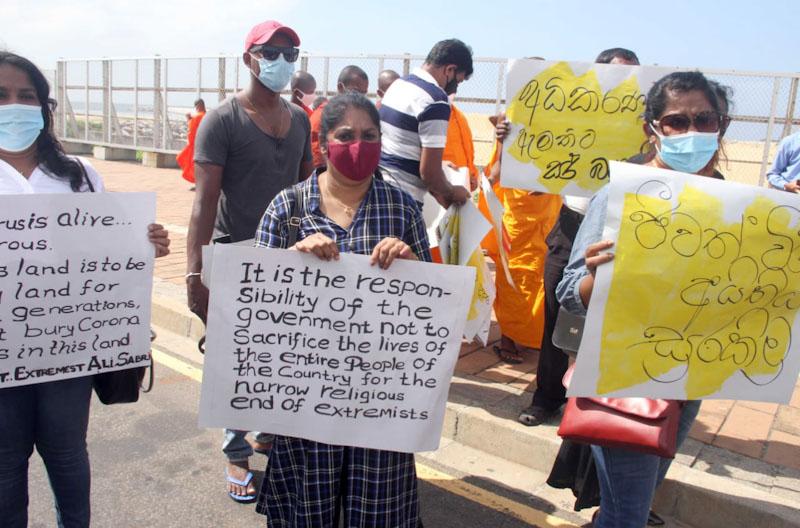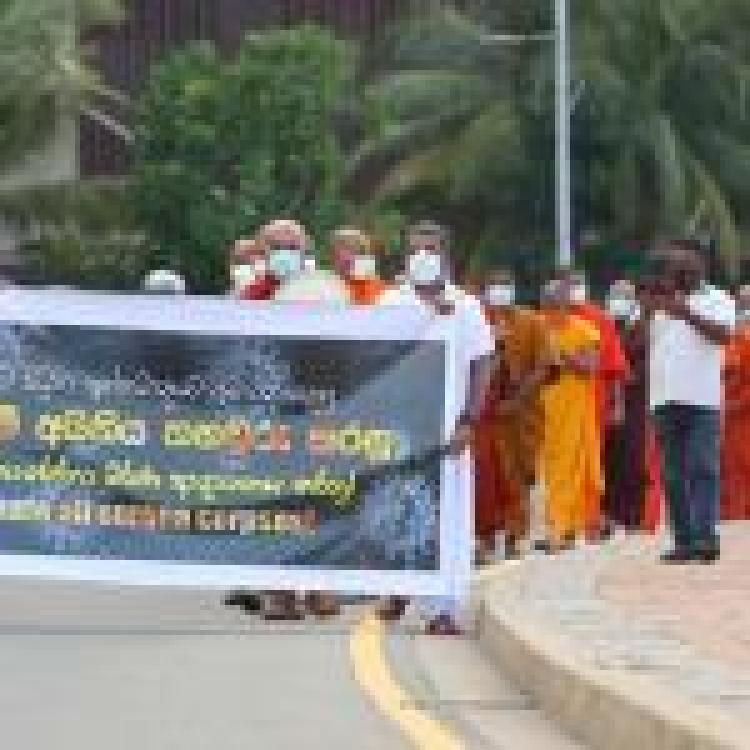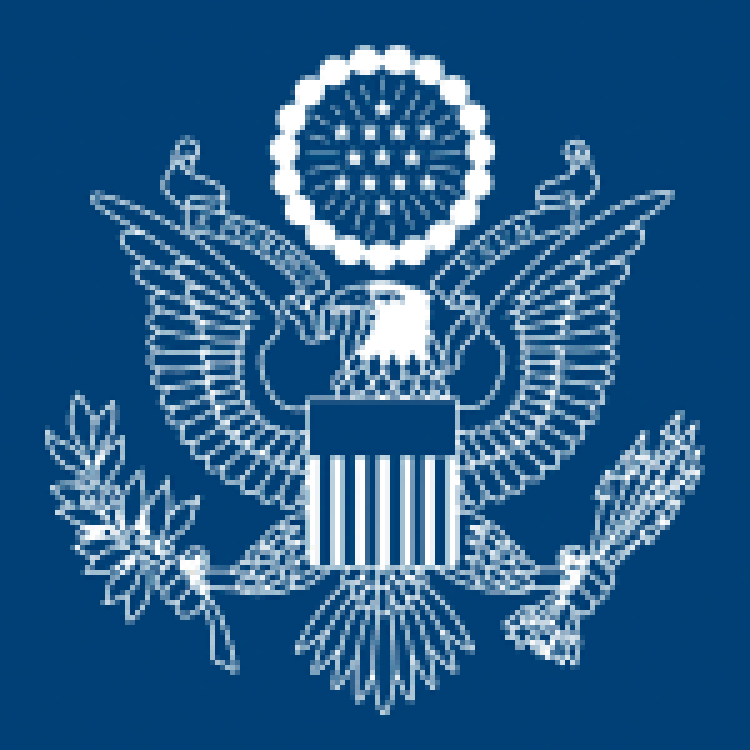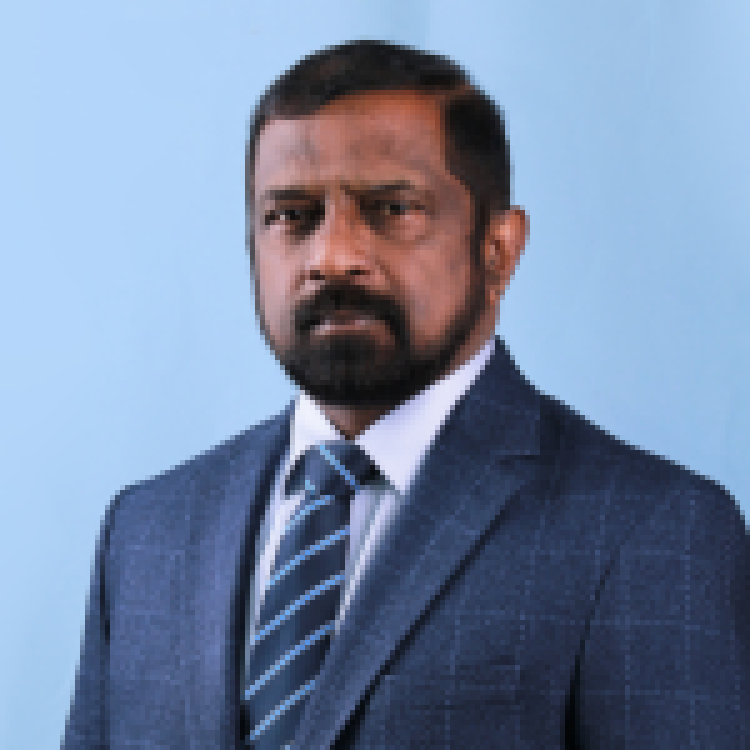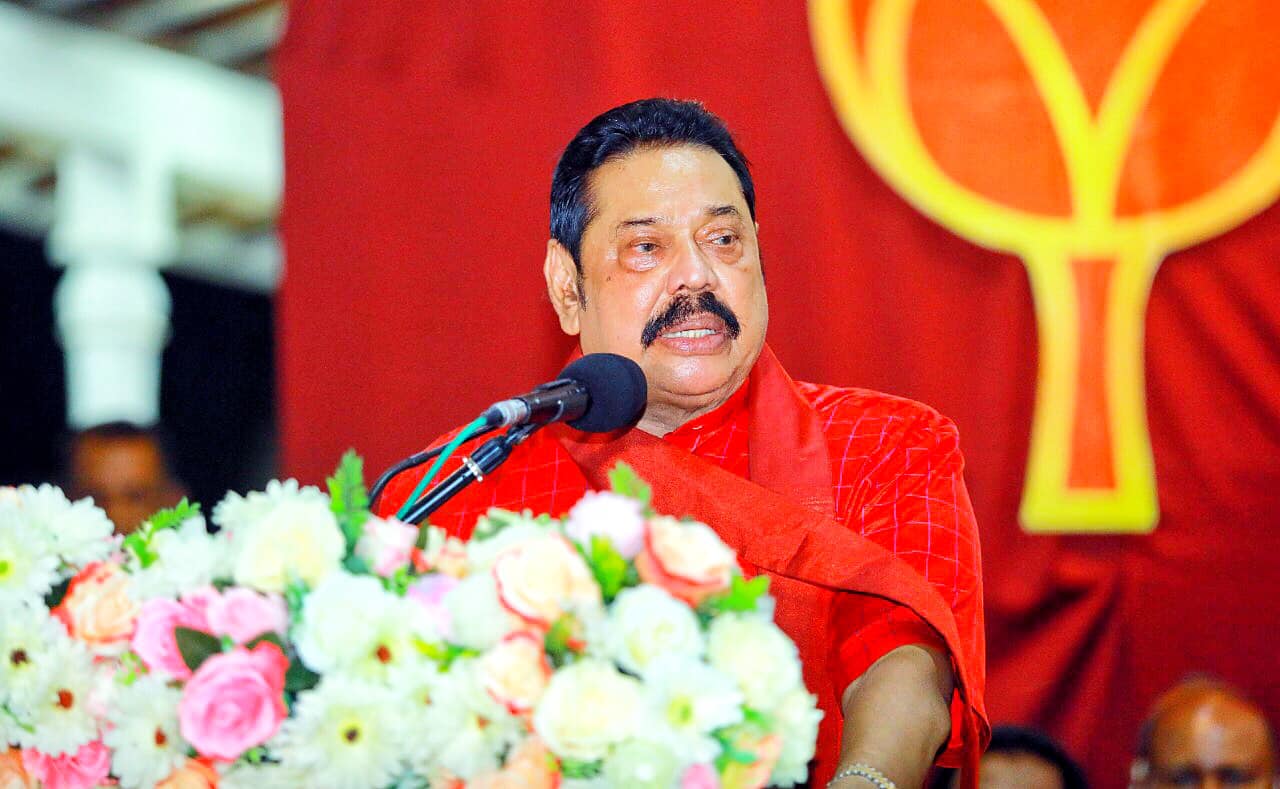
Following intense international and domestic backlash over Sri Lanka’s Prime Minister, Mahinda Rajapaksa, has claimed in parliament that the burial of bodies suspected of COVID infection will be permitted.
Rajapaksa’s statement follows numerous domestic and international campaigns calling for the withdrawal of the draconian policy first ordered on 31 March 2020. It also comes in advance of a visit by Pakistan’s Prime Minister Imran Khan later this month. Shreen Saroor, a women’s rights activist and co-founder of the Women’s Action Network, has raised concerns that Khan may “negotiate a deal with the Sri Lankan regime to restore Muslim burial rights while in turn offering Pakistan’s support to Sri Lankan diplomatic efforts to reject the (UN) Human Rights Council resolution".
She further stated that "Our legitimate rights to bury our dead must not undermine the rights of our Tamil and Sinhala brothers and sisters to protect their rights or know the truth about the death of their family members and to be allowed to mourn them.”
“Prime minister Khan must use his visit to assist in our struggles for human rights, justice, and accountability for all in Sri Lanka,” she added.
This statement has been met with scepticism as there are increasing calls for the gazette notification to be withdrawn.
Announcement and commitments from the government of #SriLanka are never genuine without action. They must #RevokeTheGazette on #ForcedCremations. People behind this policy, must be held accountable! https://t.co/NxDbHHTzq9
— Muhammad Ariff (@AriffShihab) February 10, 2021
Considering the roller-coaster ride this issue has been, the land-searching, the committees, the Maldives, all the other false promises - reverse/revise the Gazette, implement it properly, then we'll believe this. #lka #StopForcedCremations https://t.co/115RenZRrp
— Amalini (@Amaliniii) February 10, 2021
This statement comes following a mass protest by Tamils and Muslims across the North-East marching from Pottuvil in Amparai to Polikandy in Jaffna. Amongst the demands, demonstrators called for the repeal of the government's policy of forced cremations. The peaceful demonstrators have been met with police intimidation and Sri Lanka's public security minister Sarath Weerasekara has claimed that his regime is about to file cases against the tens of thousands of Tamil protestors who marched through the North-East in recent days, adding that Tamil politicians who attended needed to have been tear-gassed and arrested.
In January UN Special Rapporteurs Ahmed Shaheed, Fernand de Varennes, Clément Nyaletsossi Voule and Tlaleng Mofokeng issued a joint statement decrying policy noting that was “based on discrimination, aggressive nationalism and ethnocentrism amounting to the persecution of Muslims and other minorities in the country”.
Sri Lanka’s government officials have repeatedly defended the policy maintaining that it was not discriminatory but “based on scientific and health regulations”. This was despite officials from the World Health Organisation, as well as Sri Lanka’s own Medical Association, denying the scientific basis for the decision.
Whilst the policy has protested against by Tamils and Muslims across the North-East, it has also mobilised Sinhala Buddhist nationalists who protested in favour of forced cremations. Banners carried by demonstrators called for the government “not to sacrifice the lives of the entire people of the country for the narrow religious ends of extremists”.
Since the government introduced its policy there have been over 124 deaths due to the coronavirus, an estimated 50 of which have been Muslim and have been forcibly cremated, against the wishes of family members. This includes the case of Shaykh, a 20-day old infant.

